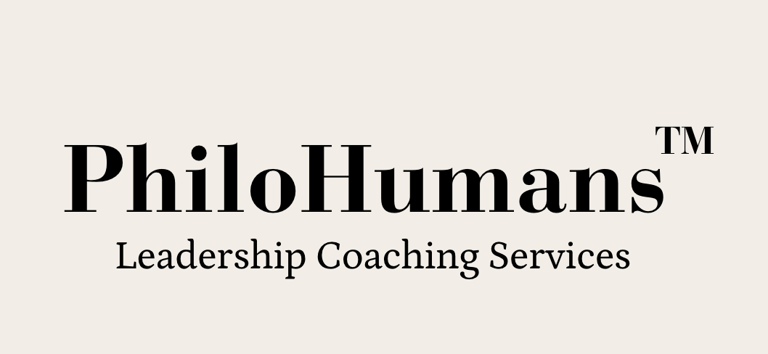Building a relationship with oneself is essential for great leadership
Discover essential strategies for effective leadership through self-relationship. Enhance your self-awareness, build empathy, and create a positive environment. Start your journey today!
LEADERSHIP RELATIONSHIPS
Dr. Rojin Karickal
10/6/20242 min read


Building a strong and positive relationship with yourself is extremely important for becoming an effective leader. This self-relationship acts as the foundation that supports all your interactions with others and the decisions you make. To help you cultivate this important self-relationship, here are several key steps that you can follow:
Develop Self-Awareness: It is crucial to regularly take time to reflect on your own thoughts, behaviors, and how these affect the people around you. Self-awareness involves understanding not just what you think and feel but also how your actions influence others. One effective way to develop this awareness is through journaling, where you can write down your thoughts and feelings. Additionally, seeking honest feedback from your peers can significantly enhance your understanding of yourself and how you come across to others. Both journaling and peer feedback are valuable tools that can support your growth as a leader.
Practice Self-Reflection: Systematically identifying your strengths and weaknesses is a key part of becoming a better leader. Set aside specific times to reflect on your progress, assess what you are doing well, and recognize areas where you can improve. This process allows you to evaluate your strategies and adjust them if needed. It is through this reflective practice that you can truly understand your journey and make informed decisions that will lead to your continuing development as a leader.
Engage in Self-Leadership: Taking ownership of your personal journey is a vital aspect of self-leadership. It means being proactive about your development and holding yourself accountable for your actions. Engage in positive self-talk to foster an optimistic mindset and build resilience that will help you navigate through challenges. By encouraging yourself and maintaining a strong sense of responsibility, you can develop the confidence necessary to tackle obstacles and inspire others to do the same.
Build Empathy: Developing empathy is essential for effective leadership. This means putting in the effort to understand and appreciate the perspectives of others. When you take the time to truly listen to and consider the feelings and viewpoints of those around you, you strengthen your interpersonal relationships. This understanding not only helps you connect better with your team but also fosters an inclusive environment where everyone feels valued and heard.
Seek Feedback and Growth: Actively seeking out feedback from others is a proactive way to refine your skills and enhance your leadership abilities. Embrace constructive criticism and view mistakes as valuable opportunities for learning and growth rather than setbacks. By maintaining a mindset focused on continuous improvement, you can turn every experience into a stepping stone for development.
By prioritizing the relationship you have with yourself, you can greatly enhance your effectiveness as a leader and inspire your team. Developing a strong self-relationship will empower you to lead with confidence, compassion, and clarity, ultimately contributing to the success of both yourself and those you lead.


